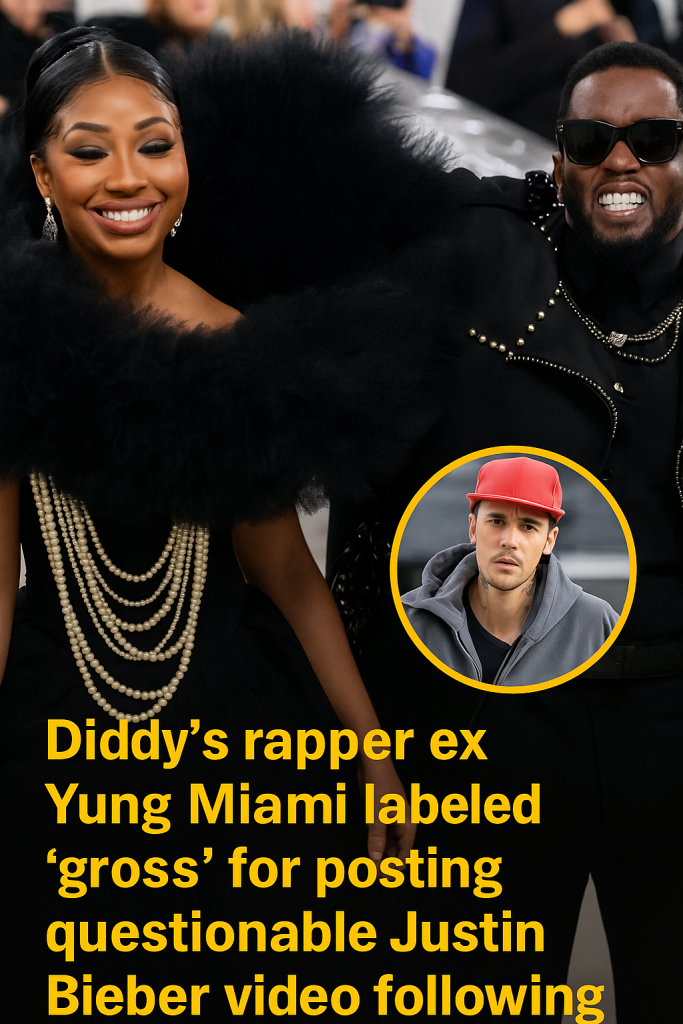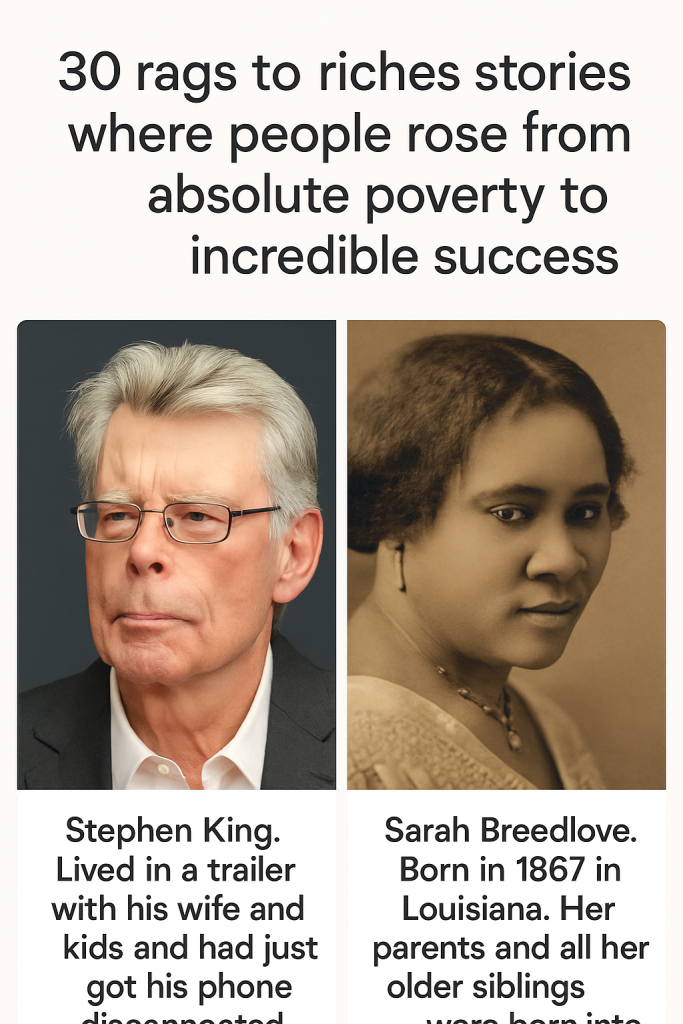Yung Miami, known for her role in the rap duo City Girls and as the ex of MiGS Diddy, recently sparked a wave of criticism online after sharing a controversial social media post related to Justin Bieber‘s recent legal verdict. The post, which many viewers deemed questionable and distasteful, has since been deleted, but not before igniting widespread debate among fans and critics alike.
The post in question featured an image appearing to show five individuals, accompanied by text referencing Bieber and his recent legal outcomes. While the precise content of the video is unclear—the clip was reportedly brief and ambiguous—users quickly interpreted it as insensitive, especially considering the serious nature of the verdict that Bieber was involved with.
Context is key: Bieber’s legal case had drawn significant public attention in recent weeks, with the verdict marking a pivotal moment both for the star and for his extensive fanbase. In this emotionally charged environment, any reaction or commentary from public figures is closely scrutinized by social media communities.
Yung Miami’s post, perceived by many as flippant or disrespectful, stirred strong reactions online. Comments ranged from disappointment to outright disgust, with users calling the rapper’s choice to share the video “gross” and “tone-deaf.” Some fans expressed surprise given Yung Miami’s usual track record for handling sensitive topics more delicately.
Following the backlash, Yung Miami quickly deleted the post, but the digital footprint had already sparked numerous discussions. The incident highlights the precarious balance celebrities must navigate when engaging with hot-button issues, especially those involving other public personalities.
Social media experts note this case as another example of how fast public opinion can shift in the digital age. Posts can quickly go viral—not just for positivity, but also for controversy. For artists and public figures, the reaction to their social media activity can often have lasting consequences on their reputation and relationships with fans.
While Yung Miami has not issued a formal statement addressing the situation, the deletion of the post suggests an acknowledgment of the backlash. Observers will be watching to see if she responds further or clarifies her intentions. Meanwhile, the controversy serves as a reminder of how sensitive and polarized public response to celebrity legal matters continues to be.
What this means for Yung Miami: The episode underscores the challenges celebrities face in the age of instantaneous communication and viral media. Even fleeting posts can spark significant outcry, forcing stars and influencers to consider the wider implications of their online commentary—especially when it involves other high-profile individuals like Justin Bieber.
As fans continue to react and share their views on the matter, this incident may serve as a turning point for how musicians and public figures approach sensitive topics on social media moving forward.



